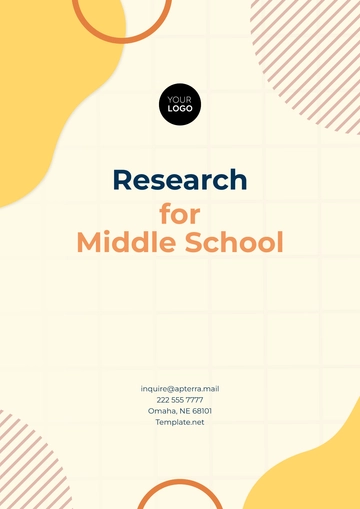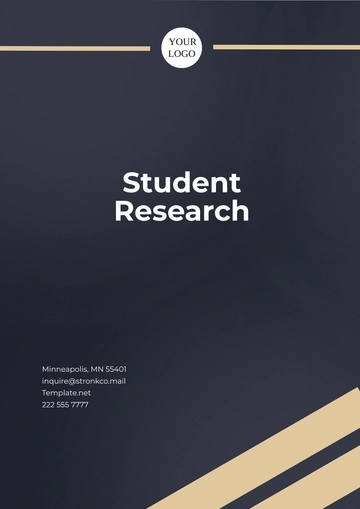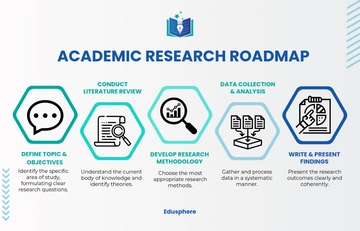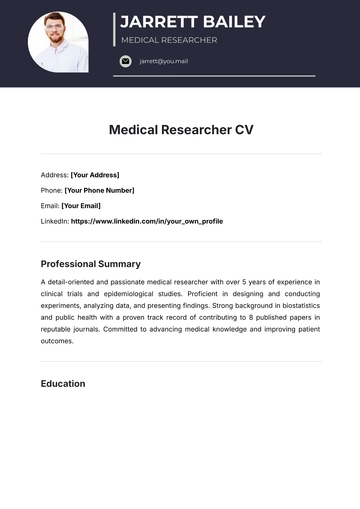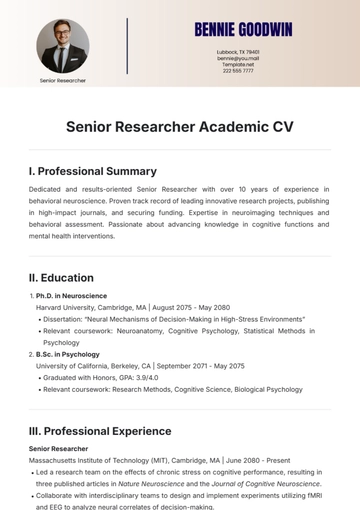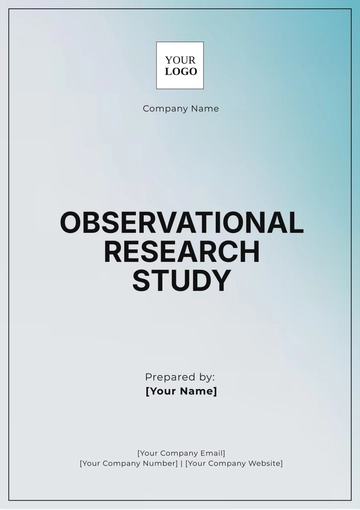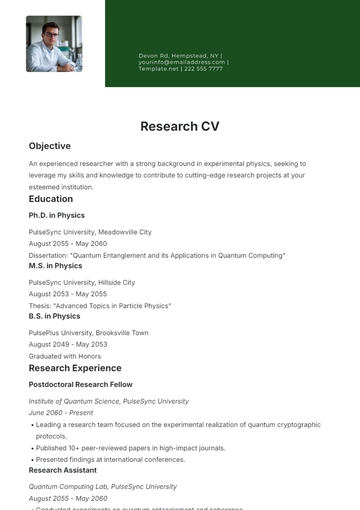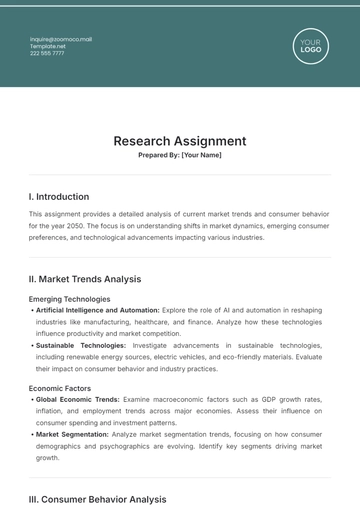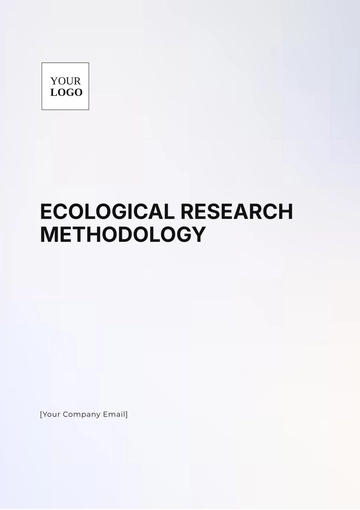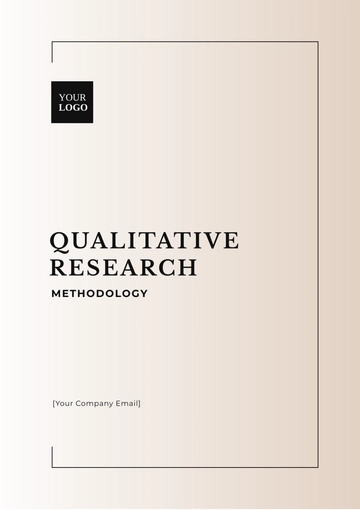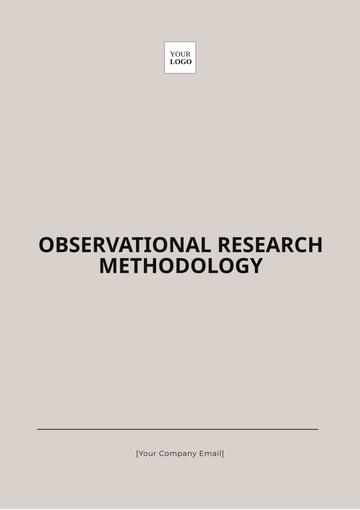Free Qualitative Research Article
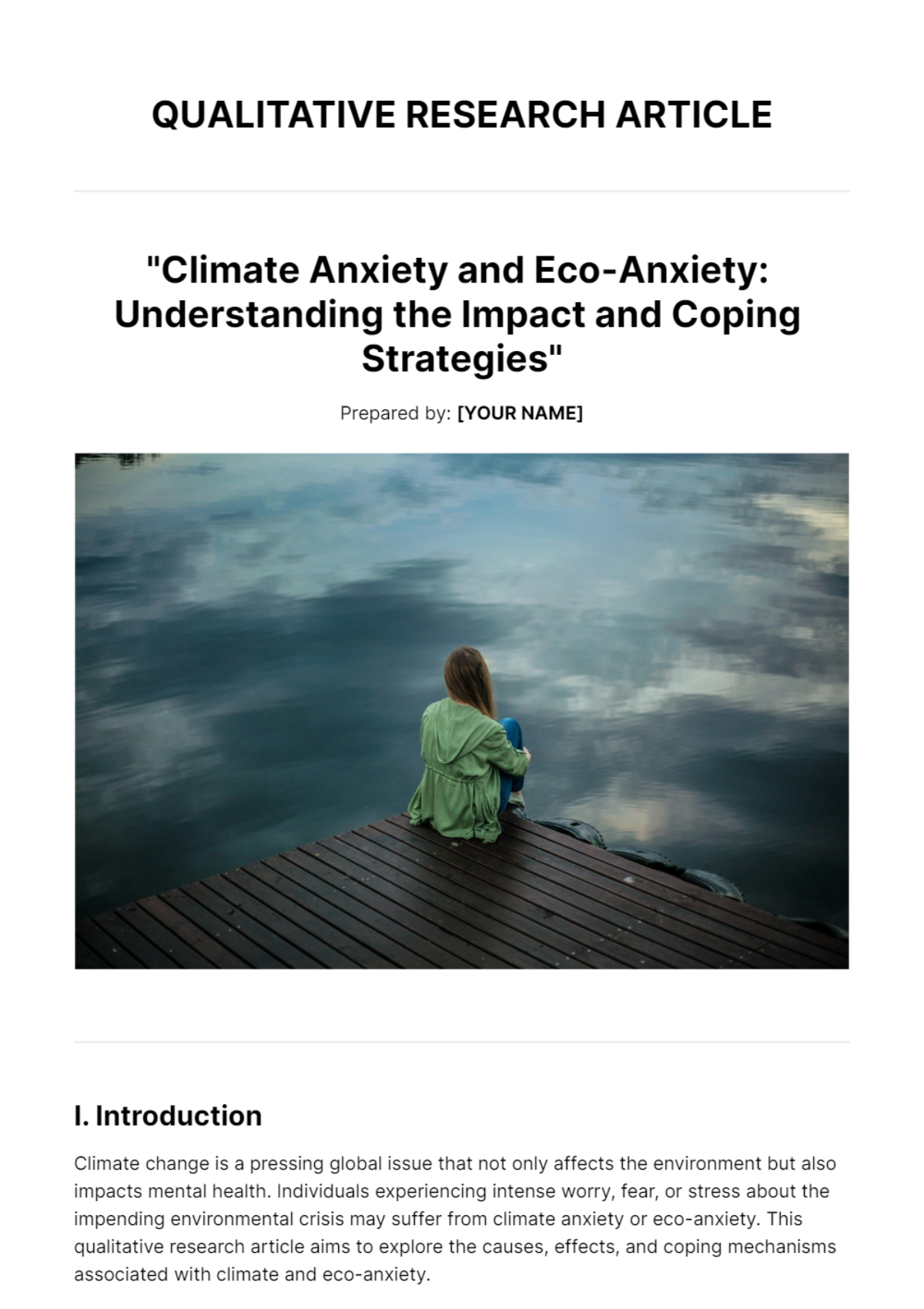
"Climate Anxiety and Eco-Anxiety: Understanding the Impact and Coping Strategies"
Prepared by: [YOUR NAME]

I. Introduction
Climate change is a pressing global issue that not only affects the environment but also impacts mental health. Individuals experiencing intense worry, fear, or stress about the impending environmental crisis may suffer from climate anxiety or eco-anxiety. This qualitative research article aims to explore the causes, effects, and coping mechanisms associated with climate and eco-anxiety.
II. Understanding Climate Anxiety and Eco-Anxiety
A. Definition
Climate anxiety, also known as eco-anxiety, is a psychological disorder characterized by feelings of fear, helplessness, and despair due to the threat of climate change. It is a natural response to the increasing awareness of environmental degradation and its consequences.
B. Causes

Media Coverage: Extensive media coverage of environmental issues can lead to heightened anxiety levels among individuals.
Personal Experiences: Direct experiences with extreme weather events or environmental degradation can contribute to climate anxiety.
Future Uncertainty: The uncertainty surrounding the future state of the environment and its impact on livelihoods can trigger anxiety.
C. Effects

Emotional Distress: Individuals may experience feelings of sadness, hopelessness, and anger.
Physical Symptoms: Climate anxiety can manifest in physical symptoms such as headaches, insomnia, and muscle tension.
Impact on Daily Life: Anxiety about climate change can interfere with daily activities and relationships.
III. Coping Strategies
A. Individual Level
Climate Action: Engaging in personal actions to reduce carbon footprint, such as recycling, conserving energy, and using sustainable modes of transportation, can help alleviate anxiety.
Mindfulness Practices: Techniques like meditation and yoga can reduce stress and promote a sense of calm.

B. Community Level
Support Networks: Joining support groups or engaging with like-minded individuals can provide a sense of community and solidarity.
Advocacy: Getting involved in environmental advocacy and activism can empower individuals and provide a sense of purpose.

IV. Conclusion
Climate anxiety and eco-anxiety are real concerns that require attention and action. By understanding the causes and effects of these conditions, individuals can take proactive steps to mitigate their impact and promote mental well-being. It is crucial to address these issues collectively, both at the individual and community levels, to foster a sustainable and resilient future.
For further information on climate anxiety and eco-anxiety, or to seek professional help, please contact [YOUR COMPANY NAME] at [YOUR COMPANY NUMBER]. Stay informed and engaged in climate action to reduce anxiety and promote environmental sustainability.
- 100% Customizable, free editor
- Access 1 Million+ Templates, photo’s & graphics
- Download or share as a template
- Click and replace photos, graphics, text, backgrounds
- Resize, crop, AI write & more
- Access advanced editor
Explore the depths of qualitative research with our Qualitative Research Article Template from Template.net. This editable template, customizable to your research methodology, is ideal for presenting findings, methodologies, and analysis. Use our AI Editor Tool to craft scholarly articles that showcase your research prowess. What are you waiting for, download now!




